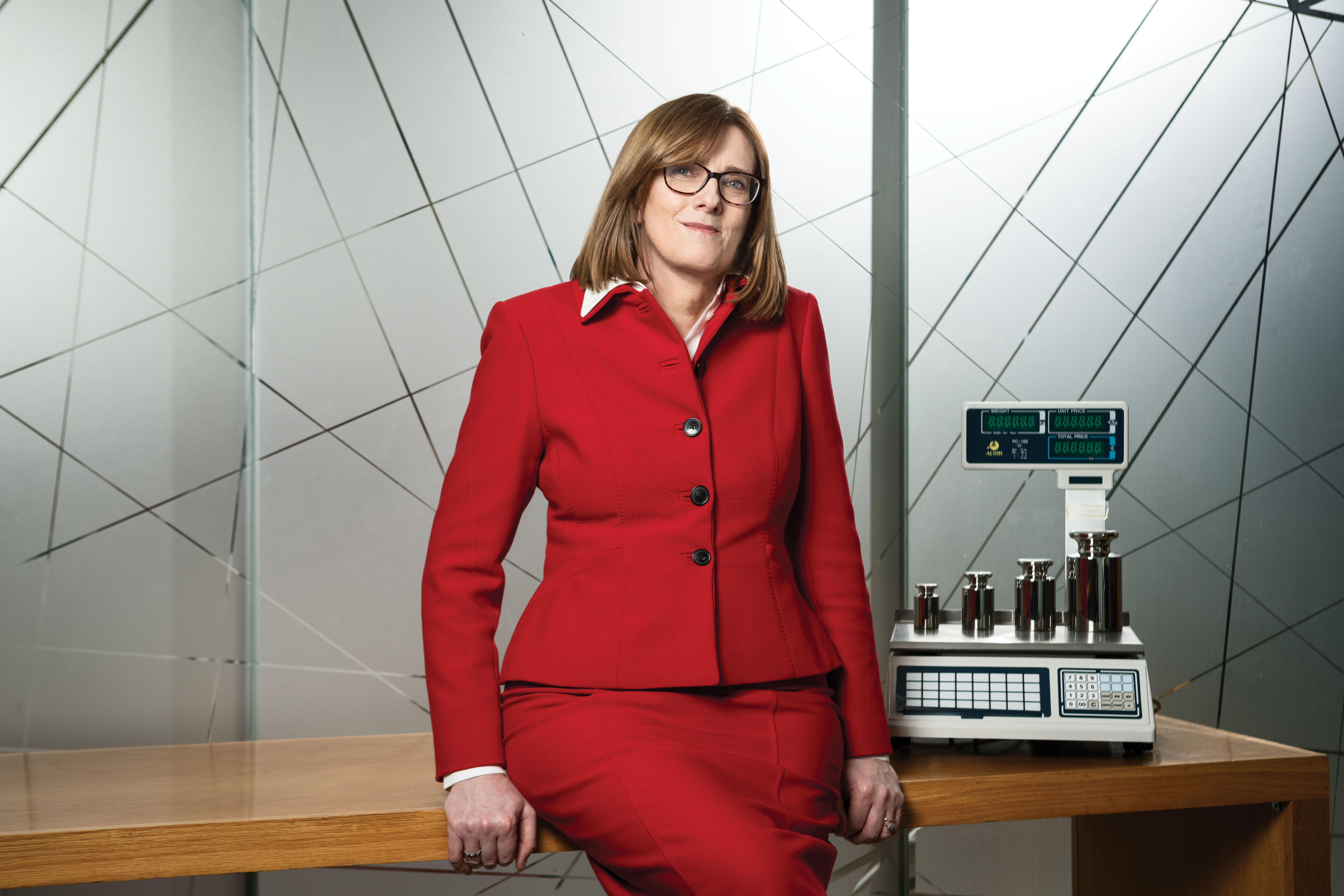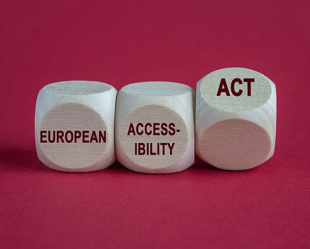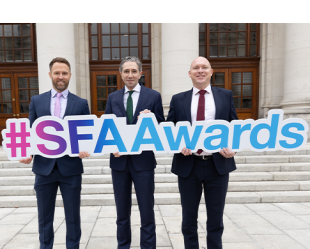This article was first published in the Irish Independent on Thursday 7th March, 2024.
There is a strong and important link between the worlds of standards and innovation, writes Geraldine Larkin, chief executive officer of the National Standards Authority of Ireland.

For small firms, standards are a source of competitive advantage, allowing them to drive economic growth and make global trade possible. If you have a product based on an international standard, you know it will stand up in any market regardless of what language is spoken. It’s like bringing in a global consultant to tell you how to build your product.
Successful companies often ensure that they can utilise and incorporate existing national or international standards when introducing innovation as this will make the likelihood of market adoption far greater.
The National Standards Authority of Ireland (NSAI) is the national standards body for Ireland. Reporting to the Minister of Employment Affairs and Retail Business at the Department of Enterprise, Trade and Employment, we are a business-improvement partner for Irish enterprise.
A standard is a technical document that serves as a guideline, definition or norm. Its central tenet is consensus about how to: make a product; manage a process; perform a service; or supply resources.
Implementing standards is a way of ensuring best practice and that things are done uniformly and compatibly. The keyword for me in relation to standards and innovation is ‘interoperability’. Standards establish the baseline rules; they specify the foundation or basic language of a product. From there a company can build on that in whatever sector that might be.
For example, Blockchain was originally designed for the fintech market with standards governing how it operates. Drawing on existing rules and best practice in other areas, the technology can now be found in food traceability and other solutions it wasn’t initially developed for.
NSAI’s catalogue includes over 28,000 standards covering every industry, from technology to transport, food safety, construction, agriculture and healthcare. Most are based on international standards. Small firms can be assured that whatever standard they apply represents the latest thinking from experts in any particular field.
We have many examples of Irish firms playing a leading part and punching above their weight in developing global standards"
Geraldine Larkin CEO, National Standards Authority Ireland
Opportunity to contribute
Standards are typically developed on a consensus basis, where leading experts across industry, academia and the public sector come together to develop a standard. NSAI encourages small firms to get involved in influencing standards, at both national and international levels.
Firstly, small firms can join a technical committee. Secondly, Irish firms can submit their views on draft standards as part of our public consultation process. We have a platform called ‘Your Standards, Your Say’, which is free to join and where firms can read and comment on all draft standards that are of interest to them.
Because of the ease of contributing online since Covid-19, we have seen a noticeable increase in small firms getting involved. A small, innovative Irish company can, through NSAI, have an equal voice to some of the largest global companies in this process, which can give them a major competitive advantage.
We have many examples of Irish firms playing a leading part and punching above their weight in developing global standards. Among them is former SFA award-winner Kore Systems, which has contributed to the development of the original code of practice for housing retrofit. This new code of practice will be vital for Ireland to meet its target under the National Retrofit Plan.
NSAI’s catalogue includes over 28,000 standards covering every industry, from technology to transport, food safety, construction, agriculture and healthcare"
Geraldine Larkin National Standards Authority Ireland
Progress with certification
Not only is NSAI the national custodian of standards and measurements, it also provides a certification service for conformity assessment. For any business or organisation, achieving certification is hugely beneficial. It can even be game-changing. The independent assessment of a firm’s product or service can carry them across the globe.
Certification effectively involves a third party looking at the application of a standard to a particular product or service to affirm that all requirements have been met. Through NSAI’s certification schemes, innovative companies can prove to their customers that their management systems, cybersecurity process, energy usage or a number of other processes are state-of-the-art and can be trusted.
For a small business, the certification process should only take a day of NSAI’s time. Not every standard needs to be certified; independent verification is like the icing on the cake as you’re still applying best practice if operating to a standard.
A new certification scheme that should be of interest to small firms is the Certification of Innovation Management Professionals in Ireland. Due to be launched later in the summer, this is a really exciting programme in collaboration with Swedish research institute RISE whereby we will formally certify people who are demonstrating high levels of innovation.
There are so many people in Ireland doing huge innovation work across the private and public sector who deserve such recognition.
The Certification for Innovation Management Professionals is designed for internal innovation champions or external innovation consultants who are knowledgeable in management systems aligned to the ISO 56000 series of standards.
The ISO 56000 series provides businesses with a state-of-the-art innovation playbook and a set of practical support tools and methods. The new ISO 56000 guidance standards on innovation management provide international best practice on the systematic management of innovation activities in organisations of all types, including SMEs.



